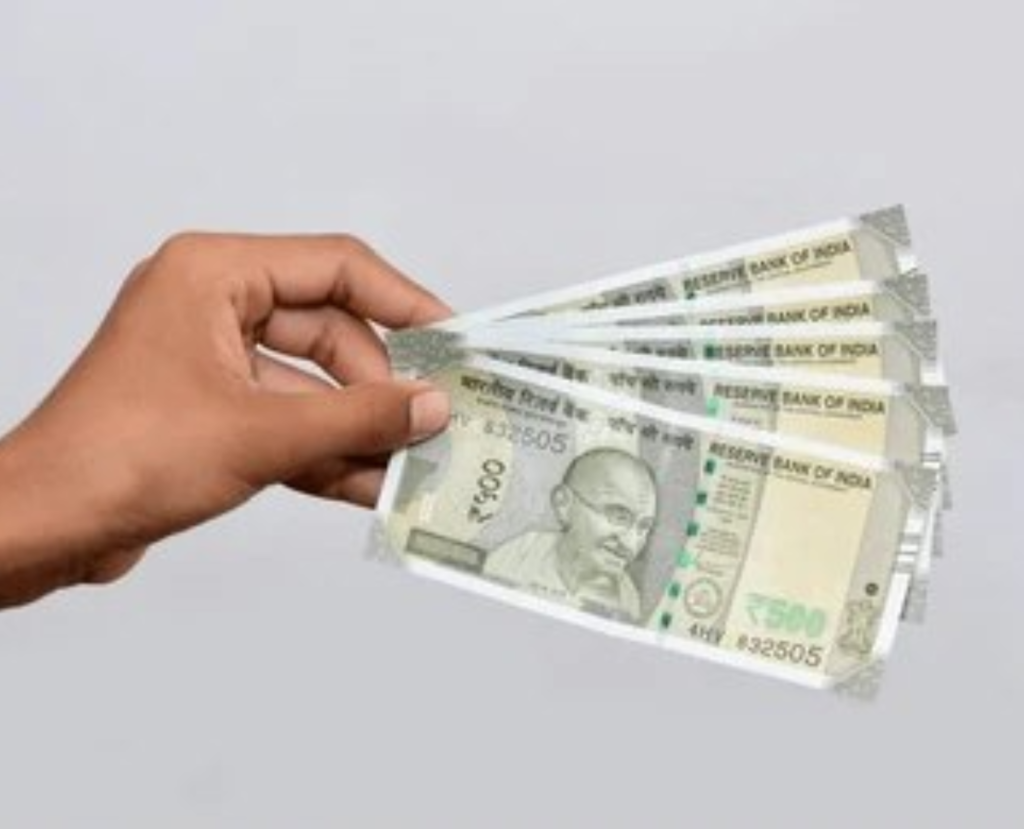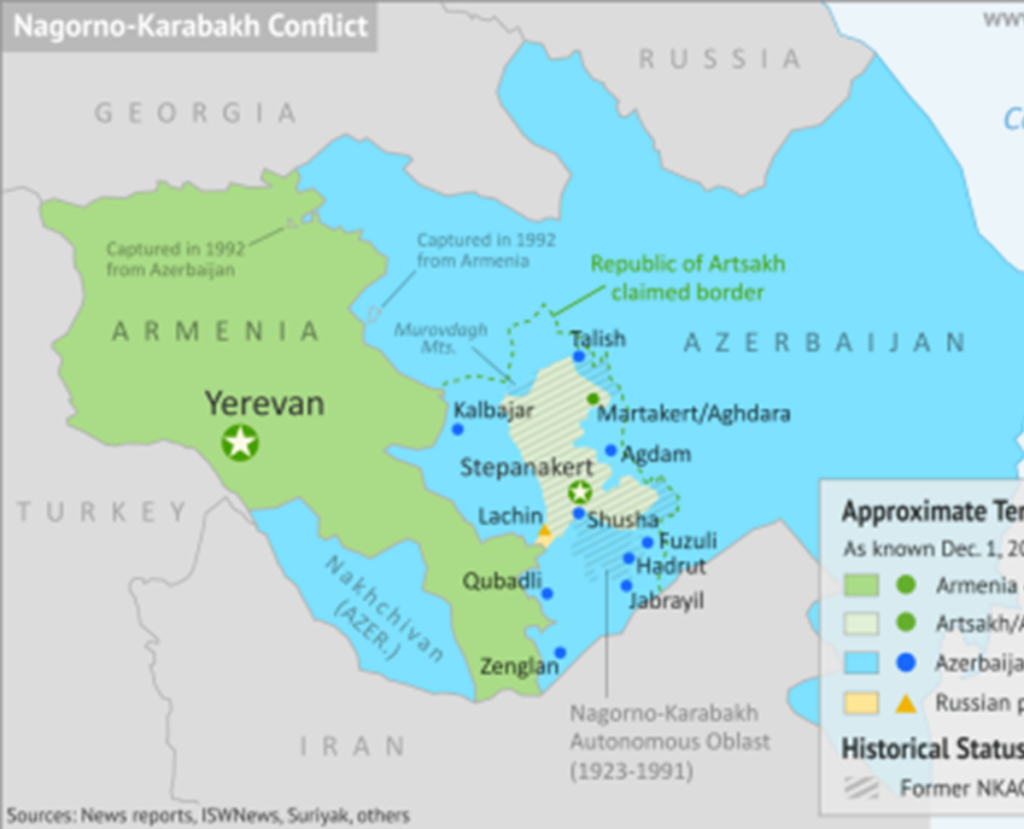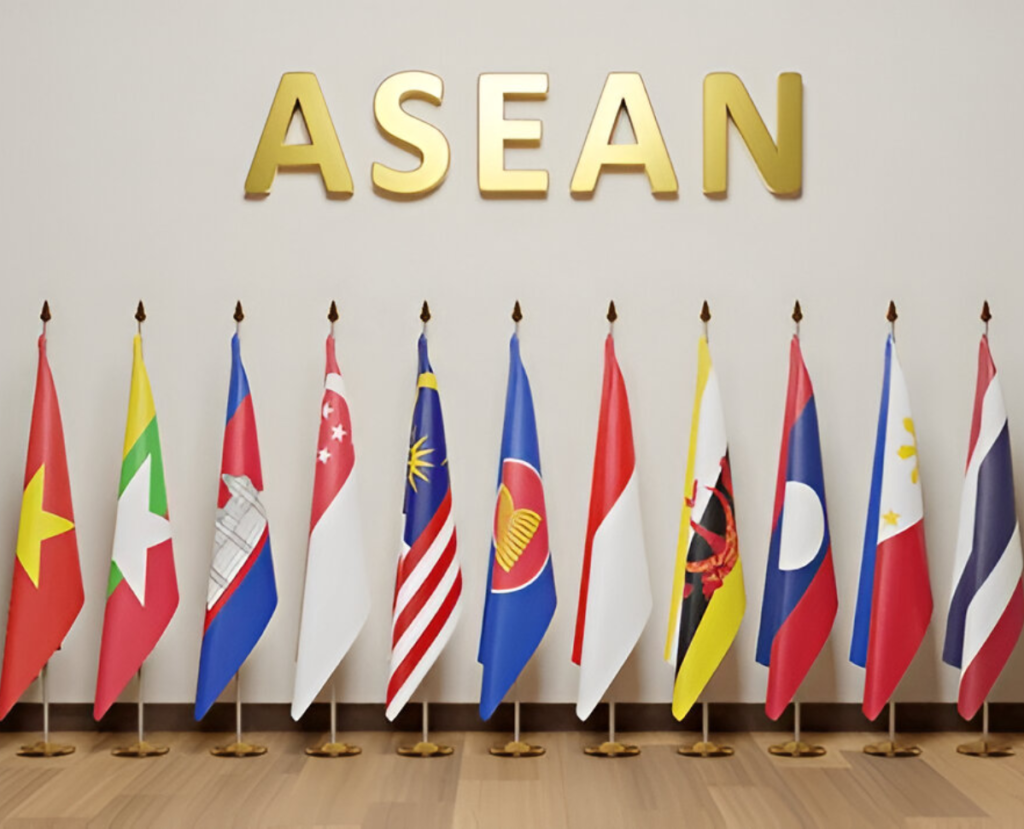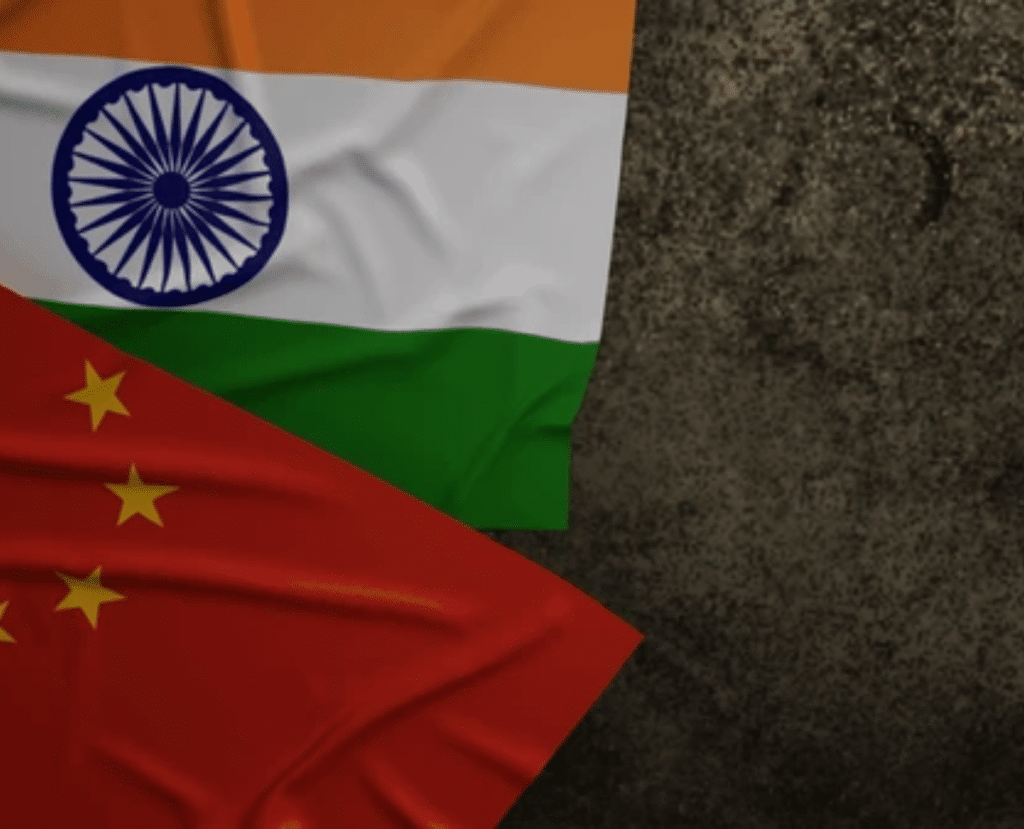The Impact of Multilateral Agreements on Climate Finance: An Analysis of India
By – Rohaan Thyagaraju Research shows that the climate change disaster, which affects hundreds of millions of people globally, particularly in developing nations like India, is one of the most devastating issues. Floods, droughts, and high temperatures are common environmental disturbances requiring concerted responses. The goal might be achieved through international accords. This allows nations […]
The Impact of Multilateral Agreements on Climate Finance: An Analysis of India Read More »










